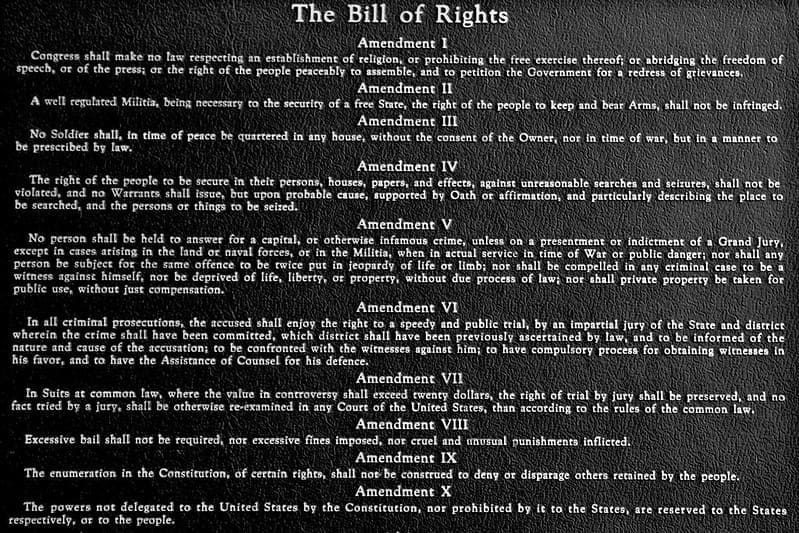The rights of citizens in the United States are fundamental pillars that define the essence of American democracy. Enshrined in the Constitution, these rights safeguard individual freedoms and liberties, reflecting the nation’s commitment to democratic principles.
The cornerstone of these rights is found in the Bill of Rights, the first ten amendments to the Constitution. The First Amendment, for instance, protects freedom of speech, religion, and the press, ensuring that citizens can express themselves without fear of censorship. It establishes a robust foundation for open discourse, critical to a thriving democratic society.

The Second Amendment addresses the right to bear arms, reflecting historical concerns and the role of militias. This right, often a subject of debate, underlines the delicate balance between individual liberties and public safety.
The Fourth Amendment safeguards against unreasonable searches and seizures, emphasizing the right to privacy. This protection is crucial in maintaining the trust between citizens and their government, preventing undue intrusion into personal lives.
Fifth and Sixth Amendments outline procedural rights in criminal cases, including the right to a fair trial, protection against self-incrimination, and the right to legal representation. These principles ensure a just legal system that respects the dignity and rights of every citizen.
The Fourteenth Amendment, a post-Civil War addition, guarantees equal protection under the law and prohibits states from denying any person life, liberty, or property without due process. This amendment has played a pivotal role in advancing civil rights and combating discrimination. Section 3 of this amendment has received a lot of attention recently.
It states:
“No person shall be a Senator or Representative in Congress, or elector of President and Vice President, or hold any office, civil or military, under the United States, or under any state, who, having previously taken an oath, as a member of Congress, or as an officer of the United States, or as a member of any state legislature, or as an executive or judicial officer of any state, to support the Constitution of the United States, shall have engaged in insurrection or rebellion against the same, or given aid or comfort to the enemies thereof. But Congress may by a vote of two-thirds of each House, remove such disability.”
(At the end of this article, you’ll find section 3 in an easy to share format.)
Voting rights are central to the democratic process, and amendments like the Fifteenth, Nineteenth, and Twenty-Sixth have expanded suffrage, addressing historical injustices and ensuring broader representation.
Over time, the rights of citizens have evolved to address societal changes and challenges. New amendments, like the 26th, reflect a commitment to inclusivity by lowering the voting age. The Constitution remains a living document, adapting to the needs of an ever-changing nation. Although adaptation can also mean going backwards by revoking rights citizens once had.

However, the interpretation and application of these rights are not without controversy. Ongoing debates surround issues such as the scope of free speech, the balance between security and privacy, and the dynamics of equal protection. The legal system, including landmark Supreme Court decisions, plays a critical role in shaping the boundaries and nuances of these rights.
The rights of U.S. citizens, enshrined in the Constitution and its amendments, form the bedrock of American democracy. These rights reflect a commitment to individual freedoms, equality, and the pursuit of justice. As the nation continues to evolve, the protection and interpretation of these rights remain essential for preserving the democratic principles upon which the United States was founded. Even if it means citizens must fight hard to keep the rights they have, and regain the rights they’ve had taken away.




